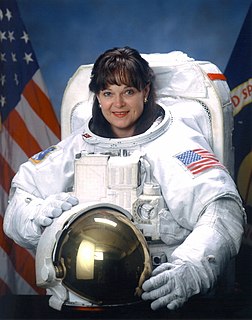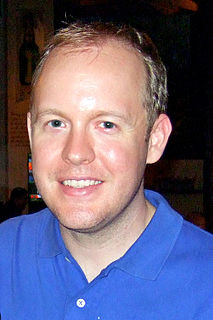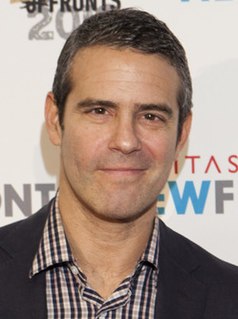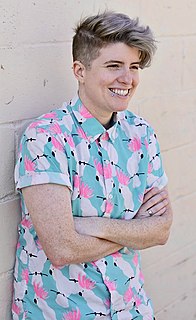A Quote by Chris Hadfield
While on the space station, I kept up with news a couple of ways - Mission Control sent daily summaries, and I would scan headlines on Google News when we had an Internet connection, which was about half the time.
Related Quotes
I'm confused about who the news belongs to. I always have it in my head that if your name's in the news, then the news should be paying you. Because it's your news and they're taking it and selling it as their product. ...If people didn't give the news their news, and if everybody kept their news to themselves, the news wouldn't have any news.
The space station mission was kind of the culmination of all of my experience of being a NASA Astronaut, so it had brought all of my previous experience into play. I had to learn the Russian language to a fluent level so that I could function as the co-pilot of the Soyuz Spacecraft that we flew up and back from the space station. And then the challenge of being the Commander of the whole expedition, a six and a-half month flight aboard the international space station. I felt the burden of the whole mission on my shoulders, which was fine, and fortunately everything did go well.
One of the things that makes it so challenging is that we're constructing the Station hundreds of miles above the surface of the Earth and we're doing it one piece at a time For the International Space Station we do not have the privilege of assuming the Space Station is on the ground before we take it up one piece at a time. So we have to be very clever about the testing that we do and the training that we do to make sure that each mission is successful, and that each piece and each mission goes just as it's planned.
On the Internet, news is consumed a la carte. If someone shows up on the main page of a website and doesn't see anything of interest, they leave. This negatively impacts ad revenues. The solution on the Internet is to pack news websites full of things that will draw people in, regardless of whether they are news or not.
To me the sort of like, the ethos, if you will, of like tabloid is like Daily News in the 1970s. It's a news organization that thinks of its mission to speak directly to people who are kind of , the people who are sort of the foundation of the American workforce or were at one time. What I love about this conception of the tabloid is that actually everybody read it.
You can talk all you want about Russia, which is all a, you know, fake news fabricated deal to try to make up for the loss of the Democrats and the press plays right into it. In fact, I saw a couple of the people that were supposedly involved with this but they know nothing about it. They never made a phone call to Russia, they never received a phone call, it's all fake news. It's all fake news.
We know that Google Earth and Google Maps have had a tremendous impact on Google traffic, users, brand, adoption, and advertisers. We also know Google News, for example, which we don't monetize, has had a tremendous impact on searches and on query quality. We know those people search more. Because we've measured it.
The training kicked in and we quickly went through our emergency procedures, I took manual control and I got the spacecraft under control and stopped about 50 meters from the space station. So, the net effect of the failure was that we were actually turning and speeding up towards the space station when we should have been slowing down, so it was quite a dangerous situation. But we got manual control, performed the first manual docking to the station at night. The training pays off. It was just automatic. We had our books out already, we went right to the right procedures and executed them.































